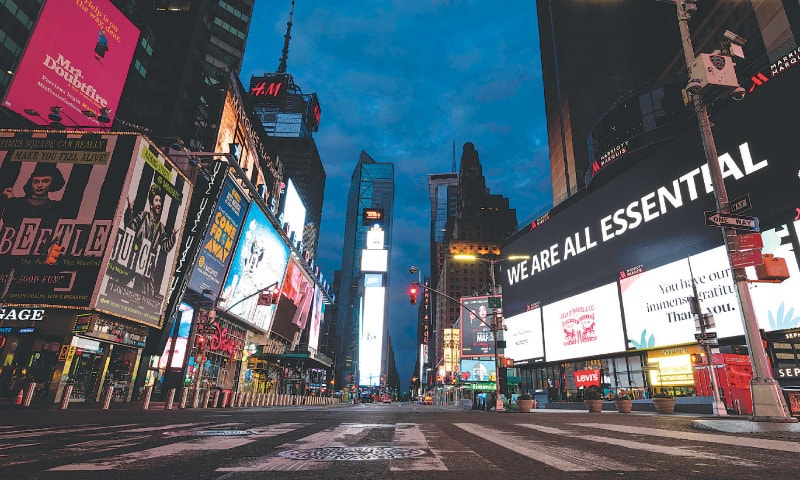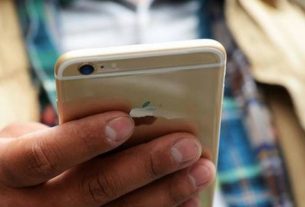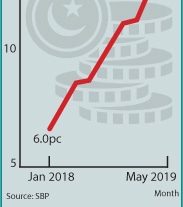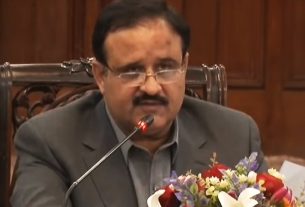BRUSSELS: The world grappled with the economic pain of the coronavirus pandemic on Thursday as bitterly divided EU leaders tried to hammer out a rescue package and US jobless claims soared to a staggering 26 million.
European Central Bank boss Christine Lagarde warned her colleagues against “doing too little, too late” but Europe remains deeply split between virus-hit southern nations like Italy and Spain, and richer northern countries.
Worldwide, governments are trying to balance pressure to ease lockdowns and repair almost unprecedented economic damage, against dire warnings that moving too fast could unleash a second wave of Covid-19 cases.
Other nations are still in the early stages of the fight against a disease that has killed more than 180,000 people and infected 2.6 million worldwide, even as it appears to be peaking in Europe and the United States.
In the United States, the hardest-hit country on earth, data showed another 4.4 million US workers filed claims for jobless benefits, bringing the total since the pandemic struck there in mid-March to 26.4 million.
The total for the past week was a drop from the previous three weeks, but remains at stunningly high levels due to government-ordered shutdowns to stop a virus that has already killed more than 46,500 and infected nearly 840,000 Americans.
In Europe, the worst-hit continent with 110,000 deaths, leaders are set to haggle via video conference on a giant economic recovery package estimated at around one trillion euros.
The fight has reopened the wounds of the 2009 economic crisis with debt-laden southern states like Spain and Italy, both badly hit by the disease, demanding help to get back on their feet.
But richer northern countries like Germany and the Netherlands, while saying they are ready to help for now, insist they will not take the long-term step of pooling debt with Mediterranean governments they accuse of profligacy.
“In the spirit of solidarity, we should be prepared to make completely different, that is to say significantly higher contributions to the European budget over a set period,” German Chancellor Angela Merkel told lawmakers in Berlin.
In a sign of how far apart the bloc’s 27 countries are, leaders will not even issue their usual joint statement after the videoconference, a diplomat said.
China boosts WHO funding
While the planet looks to science for a cure, the response to the coronavirus is becoming increasingly politicised.
China announced on Thursday that it will donate another $30 million to the WHO to help fight the pandemic, days after US President Donald Trump said he would freeze funding to the UN body.
Trump accused the WHO of covering up the seriousness of the Covid-19 outbreak in China before it spread around the rest of the world. The US is the WHO’s biggest contributor.
Australia’s Prime Minister Scott Morrison called on Thursday for the WHO to be given powers similar to UN-backed weapons inspectors, allowing their experts to enter virus-stricken countries to help prevent future pandemics.
Morrison has already called for an independent investigation into the global response to the contagion including the WHO’s handling of the crisis and China’s early response to the outbreak in Wuhan, where the virus emerged late last year.



